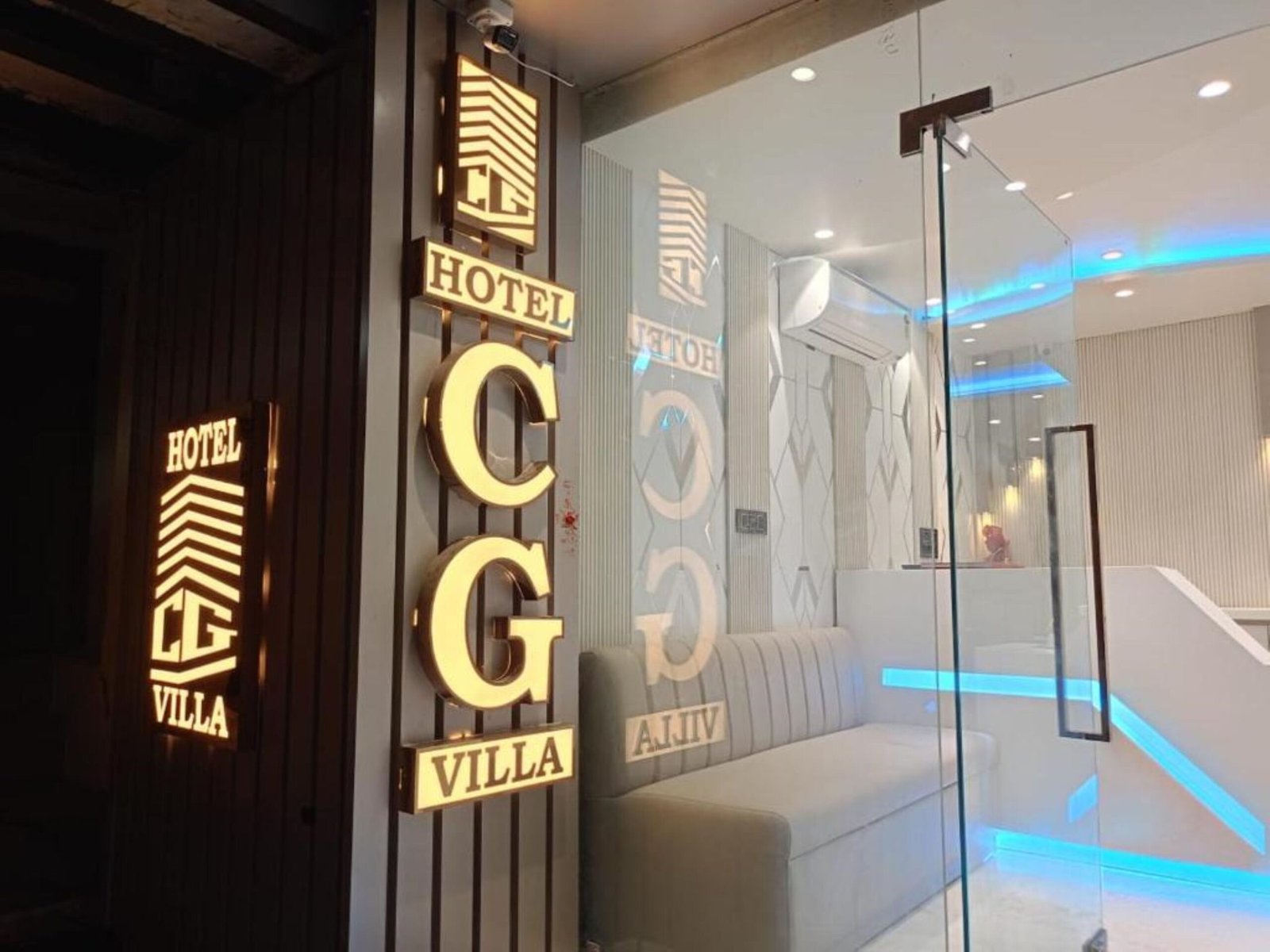Tourist Scam Alert Series #6: Fake Vacation Rentals and Accommodations
Red flags in property listings that signal potential scams
Picture this – you find an incredible beachfront villa at half the usual price. Too good to be true? It probably is.
I’ve seen countless travelers fall for fake vacation rentals. The scammer posts stunning photos (usually stolen from legitimate listings), offers an unbeatable rate, and creates a sense of urgency. “Book now or lose this amazing deal!”
When browsing property listings, watch for these warning signs:
-
Prices dramatically lower than similar properties – Scammers lure victims with irresistible deals. Compare prices of similar properties in the area. If it’s significantly cheaper without explanation, proceed with caution.
-
Generic property descriptions – Legitimate owners know their properties inside out. Vague descriptions like “beautiful house near attractions” without specific details suggest the “owner” has never actually been there.
-
Poor quality or inconsistent photos – Look for watermarks from real estate websites, inconsistent lighting/decor between images, or photos that look professionally staged but are offered at budget prices.
-
Minimal contact information – Be suspicious if you can only communicate through one channel, typically email. Legitimate owners usually provide multiple ways to reach them.
-
High-pressure tactics – Phrases like “Book immediately!” or “This deal won’t last!” aim to rush you into paying before you can verify the listing.
-
Requests for wire transfers or cryptocurrency – These payment methods are virtually impossible to trace or recover if fraudulent.
-
Grammatical errors and odd phrasing – Many scammers operate internationally with limited English proficiency. Poorly written descriptions are a telltale sign.
-
No reviews or suspiciously perfect reviews – New listings deserve a chance, but be extra careful with properties that have zero history or only glowing, generic reviews.
The most sophisticated scams now include fake websites that mimic legitimate booking platforms, complete with fake reviews and customer service numbers. Always double-check the URL carefully before entering payment information.
Secure booking platforms with traveler protection policies
Not all booking platforms are created equal when it comes to protecting you from scams.
The most secure platforms offer:
- Payment protection – They hold your money in escrow until you check in and confirm the property is as advertised
- Verification processes for hosts and properties
- 24/7 customer support for emergencies
- Refund policies that protect you if things go wrong
Here’s how the major platforms stack up:
| Platform | Payment Protection | Host Verification | Customer Support | Refund Policy |
|---|---|---|---|---|
| Airbnb | Strong (holds payment until 24h after check-in) | ID verification, reviews | 24/7 support | Case-by-case with AirCover up to $1M |
| Booking.com | Moderate (direct payment to property) | Basic verification | 24/7 support | Varies by property |
| Vrbo | Strong (payment protection) | Basic verification | 24/7 support | Book with Confidence Guarantee |
| TripAdvisor | Moderate (varies) | Basic verification | Limited support | Basic protection |
Always book directly through these platforms’ official websites or apps. Never agree to take conversations or payments off-platform, no matter how convincing the reason (“save on fees” is a common one).
A traveler in Bali recently told me how she nearly lost $2,000 when a “property manager” asked her to wire money directly instead of using Airbnb’s system. She smartly refused, and later discovered it was a scam account that had hacked a legitimate listing.
Payment methods that offer fraud protection
Your choice of payment method can be your last line of defense against rental scams.
Strong protection:
- Credit cards – Most offer dispute resolution and fraud protection. Some premium cards even include travel insurance.
- PayPal Goods & Services – Offers buyer protection (but not the Friends & Family option)
- Booking platform secure payments – Airbnb, Vrbo, and similar platforms have built-in protection
Moderate protection:
- Debit cards – Some offer limited fraud protection, but funds come directly from your account
- Digital wallets – Services like Apple Pay and Google Pay offer some security features
Little to no protection:
- Wire transfers (Western Union, MoneyGram)
- Cryptocurrency
- Cash
- Bank transfers
- Gift cards (a huge red flag if requested)
- Money orders
- PayPal Friends & Family
I always recommend using a credit card specifically for travel bookings. This gives you an extra layer of protection, as you can dispute charges if services aren’t delivered as promised.
Many banks now offer virtual credit card numbers for online purchases, which provide additional security since you don’t share your actual card details. Citi, Capital One, and several other major banks offer this feature free to cardholders.
Verification steps before sending any money
Before you part with your hard-earned money, take these essential verification steps:
1. Research the property thoroughly
- Reverse image search the property photos using Google Images
- Verify the street address exists (use Google Maps Street View if available)
- Check if the property appears on multiple sites with different owners
2. Contact the owner/manager directly
- Ask specific questions about the property that aren’t answered in the listing
- Request a video call to see the property in real-time
- Ask about check-in procedures, nearby landmarks, and local recommendations
3. Read reviews carefully
- Look for detailed reviews mentioning specific experiences
- Check if the same property has reviews on multiple platforms
- Be suspicious of generic, short reviews that could be fake
4. Verify the owner’s identity
- Ask for proof of ownership or management authority
- Check social media profiles and business registrations
- Search the owner’s name + “scam” to see if complaints appear
5. Document everything
- Save all communications, including emails and messages
- Take screenshots of the listing and payment confirmations
- Get a written rental agreement before paying
I recently avoided a scam in Paris by simply asking the “owner” which metro stop was closest to the apartment. They couldn’t answer, proving they weren’t familiar with the property they claimed to own.
If the owner pushes back against reasonable verification requests, that’s a major red flag. Legitimate property owners understand traveler concerns about scams and are typically willing to provide additional verification.
Emergency accommodation options if you arrive to find your booking was fake
The worst has happened – you’ve arrived at your destination only to discover your booking doesn’t exist or isn’t as advertised. Don’t panic! Here’s what to do:
1. Contact your booking platform immediately
If you booked through a reputable platform, contact their emergency support line. Most have 24/7 assistance and may help arrange alternative accommodation.
2. Check last-minute booking options
- Hotel Tonight app specializes in same-day hotel bookings, often at discounted rates
- Booking.com and Expedia have mobile apps that show nearby available properties
- Airbnb offers instant booking filters to find immediately available accommodations
3. Consider alternative accommodation types
- Airport hotels often have availability and can provide a temporary solution
- Hostels frequently keep beds available for walk-ins
- Business hotels may have better availability than tourist-focused properties
4. Use local resources
- Visit the tourist information center – they often can recommend legitimate accommodations
- Ask at nearby hotels even if they’re full, front desk staff may know of availability elsewhere
- Consider a local hospitality network like Couchsurfing for emergency situations
5. Contact your travel insurance provider
If you have travel insurance, call them immediately. Many policies cover accommodations in case of fraud or misrepresentation.
One traveler I know arrived in Barcelona to find his “beachfront apartment” was a complete fabrication. Within three hours, he had:
- Filed a police report (necessary for insurance claims)
- Called his credit card company to dispute the charge
- Found a last-minute hotel room through Hotel Tonight
- Contacted his travel insurance, which later reimbursed the additional costs
The key is to act quickly but methodically. While dealing with the immediate accommodation need, also gather evidence for future claims against the scammer.
Keep all receipts for additional expenses incurred – transportation to new accommodation, price difference in lodging, meals during the resolution period – as these may be reimbursable through travel insurance or credit card protection programs.
Remember, even seasoned travelers occasionally get caught by rental scams. The difference is in how prepared you are to handle the situation when it happens.




